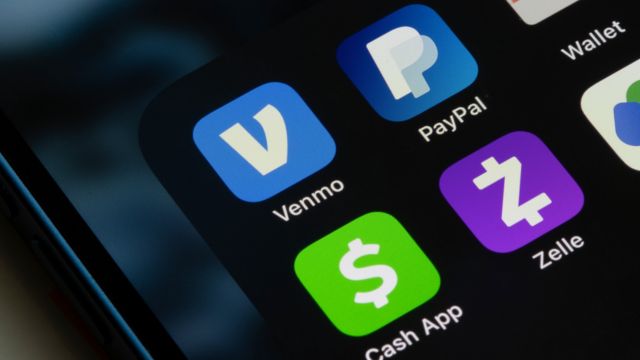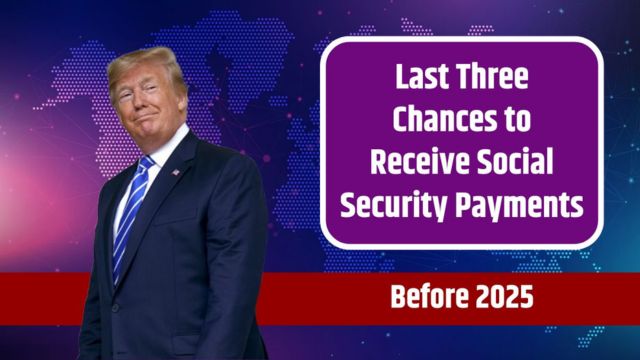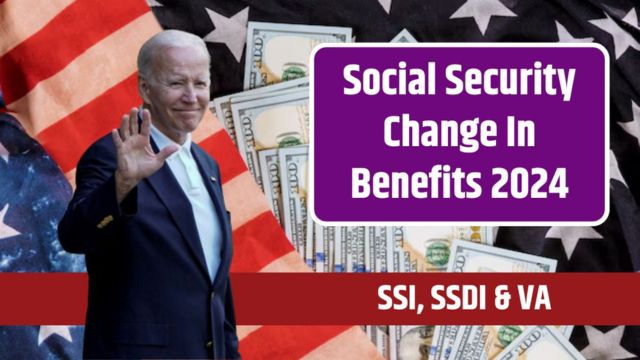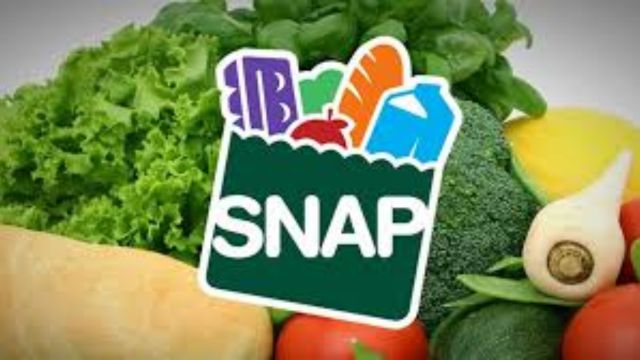That’s right, people who made money last year through PayPal, Venmo, Cash App, or another third-party payment app will need to follow some new rules when they file their taxes next year.
If you were paid through a third-party payment app and made more than $5,000 in 2024, you will need to fill out tax form 1099-K. There have been talks about this rule before, but the IRS stated that it will be used for taxes in 2024. After that, it will go down to $2,500 in 2025 and then to $600 in 2026.
The goal is to bridge the gap between how these apps need to report now and how they will need to report in the future. CEO of Jackson Hewitt, Mark Steber, says, “The US Department of the Treasury are still moving forward on the 2024 rules that came from the Inflation Reduction Act.” Before 2024, you had to make $20,000 and complete 200 transactions in order to get a 1099-K tax form. Starting in 2025, you will only have to make $600 from a third-party site.
Self-employed people have to report all of their income for tax reasons, even if they don’t get a 1099 form for all of it. A change in tax reporting now backs up this long-standing rule. The IRS is now focusing on third-party payment apps to find transactions that haven’t been recorded. When you get paid through Venmo or Cash App for side jobs, unpaid work, or contractor roles where taxes aren’t taken out, you’ll get a 1099-K tax form. At the moment, these apps have to send a 1099-K to users who make more than $20,000 in business payments over the course of a year.
The American Rescue Plan announced the new $600 earnings cap, but the rollout has been a little slower than planned to lower the chance of mistakes and give the agency time to figure out how to find people who break the rules and punish them. Steber goes on to say, “The requirements for taxation and tax treatment for taxpayers have not changed.” For as long as the IRS has known, this income is taxed and needs to be recorded on a tax return. With the new rule, online companies must now give 1099-Ks to both their users and the IRS at a lower threshold than in the past.
This delay is because it’s not always easy to tell the difference between taxable and nontaxable activities through third-party apps now that this new technology is so common. When friends use PayPal, Venmo, Cash App, or Zelle to send and receive money, it’s not always clear whether the money was for rent or an art commission. People lie about the reason for the transaction all the time, not because they have something to hide, but because they don’t want to be honest with their friends. A person who is a regular user might only care about being honest about money with their friends and not with a business.
In a statement from November 2023, IRS Commissioner Danny Werfel said that the agency is trying to fix the issue. “We spent many months getting feedback from third-party groups and other sources, and it became clear that we need more time to make the new reporting requirements work well.”
To the heavy users, Steber warns, “This is only for self-employment income.” A 1099-K should not be sent for personal transactions, but be aware that some platforms may include personal transactions by mistake. This will need to be fixed on the user’s tax return.
In what ways does this IRS rule cover banking apps?
PayPal, Venmo, Zelle, and Cash App are some of the most popular. However, the agency will also work with freelance platforms like Fiverr and Upwork to report payments that freelancers make all year long.
Having different business and personal accounts will help you and make filing with the IRS easier. However, if you use those apps to send money to family or friends, that money will not be counted in the amount of money you need to report to the IRS.



